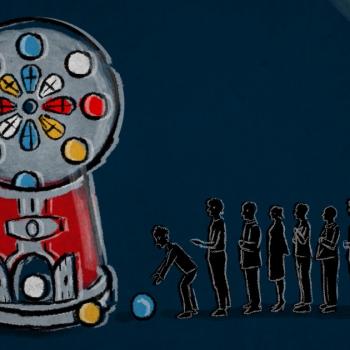 Apparently some Cardinals have been having a hard time paying attention in long curial meetings.
Apparently some Cardinals have been having a hard time paying attention in long curial meetings.
Kidding aside, although I am aware that the various Pontifical Councils regularly host scientific conferences on a variety of current medical and social problems, even I was surprised to learn of the large discussion on ADHD and medication that was recently hosted by the Pontifical Council for Healthcare Workers.
One of the presenters has a very interesting summary of reactions to his presentation in which he argued against both the effectiveness and ethics of prescribing medication for ADHD. His findings–that research shows no real benefit of stimulus-based medication treatment, research based evidence showing medical and psychological problems associated with stimulus-based treatment, and that there are ethical concerns with the practice–raised eyebrows.
Here’s a taste…
in 1997, Quebec greatly expanded insurance coverage for medications, and in the wake of that change, the diagnosis of ADHD and the prescribing of stimulants in the providence soared, to rates markedly above the rest of Canada. This allowed the researchers to assess whether, as the result of this expanded treatment, the outcomes for children with ADHD in Quebec improved.
Here is what the researchers found:
“The increase in medication use is associated with increases in unhappiness and a deterioration in relationship with parents. These emotional and social effects are concentrated among girls, who also experience increases in anxiety and depression. We also see some evidence of deterioration in contemporaneous educational outcomes including grade repetition and mathematics scores. When we turn to an examination of long-term outcomes, we find that increases in medication use are associated with increases in the probability that boys dropped out of school and with marginal increases in the probability that girls have ever been diagnosed with a mental or emotional disorder.”











